The Power of Dark Stories, and Why we Are Not Always What we Write
Where do you get your ideas from?
It’s the question nearly all artists dread. We try to get round it in various ways, by making jokes (my standard response tends to be; “Goblins bring them during the night”), but actually the answer is simply this:
They come from my brain.
Okay. But what if one of your characters is mean? What if you choose to depict a murderer; a paedophile; a rapist? What if one of your characters expresses racist or homophobic opinions? What then? Where do they come from?
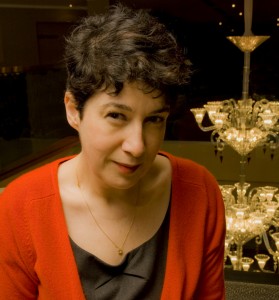 Over the past few years, I’ve found more and more readers expressing very strong views on this. The other day I came across a heated discussion between two readers, in which one reader said that she had refused to read my books since she had come across “a transphobic slur” in a short story published 15 years ago.
Over the past few years, I’ve found more and more readers expressing very strong views on this. The other day I came across a heated discussion between two readers, in which one reader said that she had refused to read my books since she had come across “a transphobic slur” in a short story published 15 years ago.
I finally traced the “slur” to its source. It was not alone; in the same short story there was also a racial slur, a misogynistic slur and a slur against mental illness. There were also several usages of the word “fuck.”
All of these words had been carefully-chosen to fit the character using them, who happened to be the kind of person who would have used that vocabulary.
But that was a character in a book; different from me in every way. For a start, he was a man; he was much older than I was, and he was using the language of his generation, his era and his social class. Moreover, I didn’t portray him in a very pleasant light. I think I made it pretty clear that he wasn’t meant to be a role model.
And yet, that reader felt that I shouldn’t have allowed him to use the “F-bomb”, or the word “tranny” to describe a transsexual in the Seventies.
Fair enough. It is a slur. But in that case, what word should I have used? Or was the reader suggesting that I shouldn’t have had my character mention transsexuals at all, in any context?
Where do our ideas come from?
Well, they come from our brains, of course. But the brain is just an organ designed to process what we experience. Everything a writer sees, everything they hear; everything they suffer; everything that brings them joy is filtered through memory and imagination to create stories that reflect our world and the things we think are important.
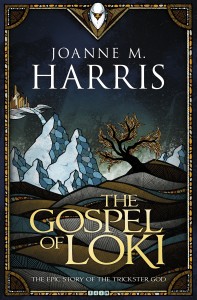 That’s why, if a character performs a racist, homophobic or thoroughly unpleasant act, it doesn’t automatically mean that the writer shares the character’s motives. Creating a racist character doesn’t make you a racist, any more than creating a murderer makes you capable of murder. And to assume that an author shares the flaws (or equally, the qualities) of the characters they have created is to fundamentally misunderstand the nature of storytelling.
That’s why, if a character performs a racist, homophobic or thoroughly unpleasant act, it doesn’t automatically mean that the writer shares the character’s motives. Creating a racist character doesn’t make you a racist, any more than creating a murderer makes you capable of murder. And to assume that an author shares the flaws (or equally, the qualities) of the characters they have created is to fundamentally misunderstand the nature of storytelling.
Wait a minute, I hear you say. As writers, surely we have control over the characters we create. We can portray whomever we like. So isn’t it our responsibility, as artists, to keep the nastiness under wraps, and to write the world as it ought to be, rather than the way it is?
Well, no. That’s not the way story works. You see, to make a story come alive, we have to make it believable. We don’t have total control, inasmuch as we have to make sure that the stories we write obey the laws of the world we know. In that world, people die; sometimes people are stupid and mean, or racist, or homophobic; and sometimes people do bad things, and sometimes people say the word “fuck”. To deny those things occasional space in the context of a story is to take that story out of the world; to deny the reader the chance to believe.
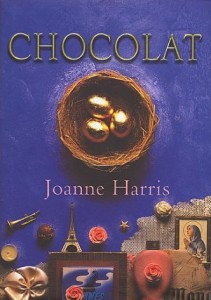 Of course, all readers have the choice to read or not to read. Some are easily upset by descriptions of bad things, or depictions of bad people. But remember; darkness in storytelling reflects the darkness in our lives. That’s why the original fairy stories by Perrault and the Brothers Grimm are so bleak and challenging. And they show us the darkness of the world because that’s how we learn to defeat it, through stories and the imagination.
Of course, all readers have the choice to read or not to read. Some are easily upset by descriptions of bad things, or depictions of bad people. But remember; darkness in storytelling reflects the darkness in our lives. That’s why the original fairy stories by Perrault and the Brothers Grimm are so bleak and challenging. And they show us the darkness of the world because that’s how we learn to defeat it, through stories and the imagination.
To limit the darkness in our stories is to take away the very thing that gives us the power to fight back against cruelty; racism; prejudice; fear. The monsters of myth and fairy tale have different faces nowadays, faces that some of us would rather not see.
But stories sometimes allow us, not only to expose those monsters, but to show us ways of fighting against them and defeating them in real life. Imagine a story like Roots, stripped of the racial slurs that give it such power. Imagine In the Heat of the Night without the vicious portrayal of racism that lies at its heart. Stories like this give a voice to protest. That voice cannot be silenced.
I’m not talking about gratuitous stuff here. Some writers do use their portrayal of their characters to pursue a toxic agenda. But those are in a minority (and, I would add, not great storytellers either). The rest of us try in our way to show the world in a different light; to make people think; to offer us solutions to our problems.
So, please, when you next read a story, try to remember: we are not the people we write, any more than an actor is the same as the part he plays on stage. Sometimes, those things are hard to separate, but in the end, if you believe, then we have done our job properly. We don’t make the world we write. That world was already there. We don’t make the monsters – but we do bring them out of the shadows. What you choose to do with them then – fight them, or just run away – is, as always, up to you.
—
This piece originally featured on Joanne’s Tumblr account (reblogged with permission)
Follow her on twitter @joannechocolat or visit her website Joanne-Harris.co.uk
Category: Contemporary Women Writers, On Writing
Comments (14)
Trackback URL | Comments RSS Feed
Sites That Link to this Post
- Get Hooked on a New Rendition of the Neverland World – Megan Crist's Portfolio | January 27, 2017
- Get Hooked by a New Rendition of the Neverland World – Megan Crist's Portfolio | January 27, 2017
- 10 Ways To Kick Start Your Writing : Women Writers, Women's Books | December 5, 2015
- When Life Takes Over Your Writing—How to Keep the Drama on the Page | Inspire Portal | November 5, 2015
- 7 Ways to Embrace Your Vulnerability and Write Your Truth | March 12, 2015






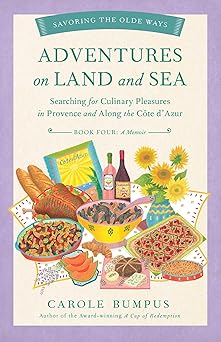
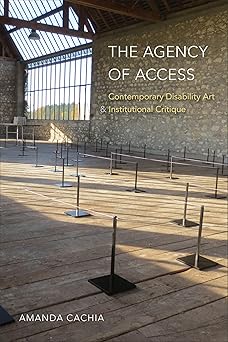
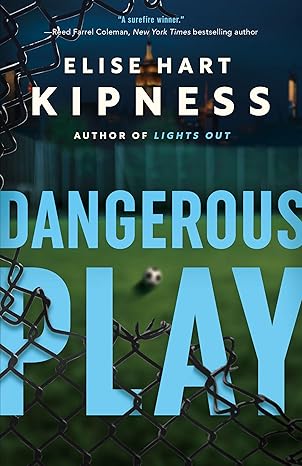
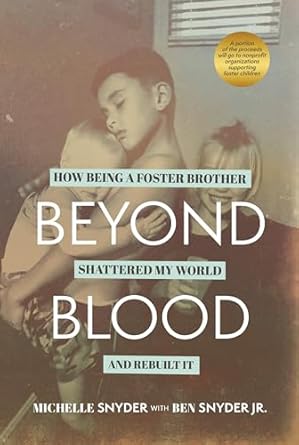
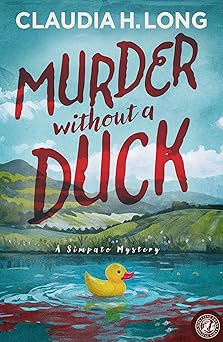
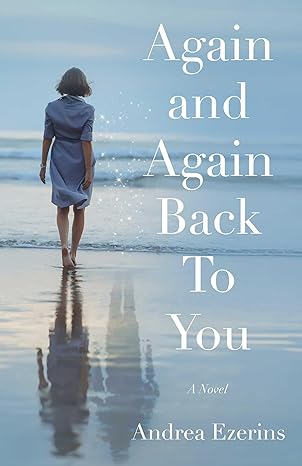
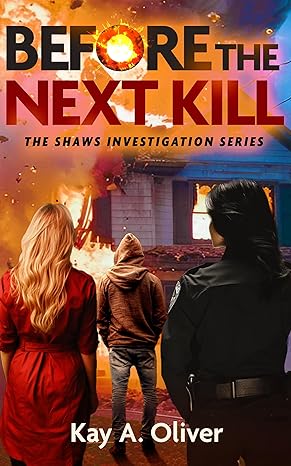
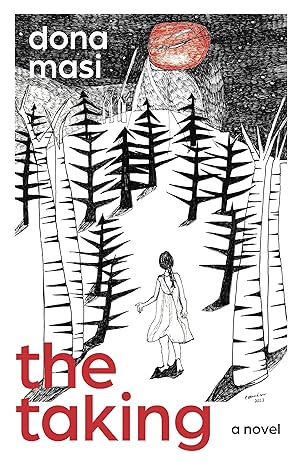

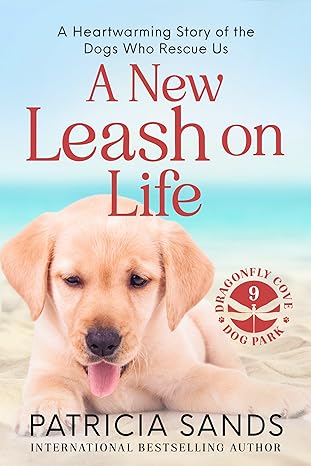

Thanks for this, Joanne! I think one reason I kept my fiction private for so long was the fear of folks I know not being able to separate me from the characters. I don’t worry about that now. My characters are simply happy to see daylight – the nice and the twisted ones!
If there’s one creepy tendency I’ve seen grow to monstrous proportions in recent years it’s what you’ve described here in your ex-reader – a missing of the forest for the trees that drawn to its logical conclusion creates (I hate to say Orwellian because it’s so overused but) Orwellian society.
I’m so fascinated by this area. Why do you think people do this? What’s the missing factor in the learning of critical thinking that means they simply can’t see the difference between the representation of something and its endorsement or value?
Thanks for saying this. I don’t understand readers who can’t distinguish writer from character, or who only want to read about likeable, nice people who don’t use words they can’t handle.
As far as social justice, the most harmful thing writers can do is erase the awful realities of the past (and, for that matter, the present) by leaving out the parts that make people uncomfortable.
This is so true, and something I struggle with as a writer. I want to stay true to my characters, but to do so, sometimes means that I risk offending someone. I personally don’t enjoy reading a book filled with gratuitous swearing, sex, etc and the same goes for movies. However, I think characters would be pretty flat and boring if they were all straight laced and moralistic.
This is so well put! Sometimes I wonder where certain people (both readers and writers) expect the conflict and plot to come from if unsavory elements can’t act, well, unsavory.
Excellent post. This is something I am constantly struggling with because many of my short stories are quite dark in terms of exploring the darker side of human nature. Several of my writing buddies commented on this initially — that the characters were too dark, too disturbing — and I felt them stepping back, putting some distance between us as if I were going to break out in Evil Darkness at any moment. Then I pointed out the news stories that they were sharing/commenting on via social media and how those real-life people were far more twisted than any story I could create.
This rings so true. My sister-in-law read a self-published book of mine and said “I just didn’t like the use of the c-word,” and I was so confused at first because I thought, ‘i never used that word. A character did, but I didn’t.’i didn’t understand, because I, as a writer, internally do understand the necessity of word choice to show the character. I couldn’t comprehend how someone could protest against the witer based on what the character said. Anyway, you’re so right. And I’ve been through a similar issue.
And I also agree with the point of using these dark characters. Though I never really thought about it that way before. The world is not bright and happy all the time. Why should our stories be? Besides, the darkness is what makes our stories interesting.
A Very thought provoking and needed article.
We must learn to separate exploration through writing from perpetration. My first novel deals with horrific abuse and through this I’ve learned how people deal with/fail to act on/carry out abuse.
We have to be able to write about, sing about, talk about the darkness in our midst to take control over it happening again.
Just as important, a healing happens to those given a voice.
A really interesting article, Joanne. What I already knew but you put it better than I could!
By the way, I almost didn’t recognise you with your short hair. I sat next to you once (several years ago) at West Dean, and you had fabulous long curly black hair. I was so envious of it.